What I am trying to do is generate all possible permutations of 1 and 0 given a particular sample size. For instance with a sample of n=8 I would like the m = 2^8 = 256 possible permutations, i.e:
I've written a function in R to do this, but after n=11 it takes a very long time to run. I would prefer a solution in R, but if its in another programming language I can probably figure it out. Thanks!
PermBinary <- function(n){
n.perms <- 2^n
array <- matrix(0,nrow=n,ncol=n.perms)
# array <- big.matrix(n, n.perms, type='integer', init=-5)
for(i in 1:n){
div.length <- ncol(array)/(2^i)
div.num <- ncol(array)/div.length
end <- 0
while(end!=ncol(array)){
end <- end +1
start <- end + div.length
end <- start + div.length -1
array[i,start:end] <- 1
}
}
return(array)
}
